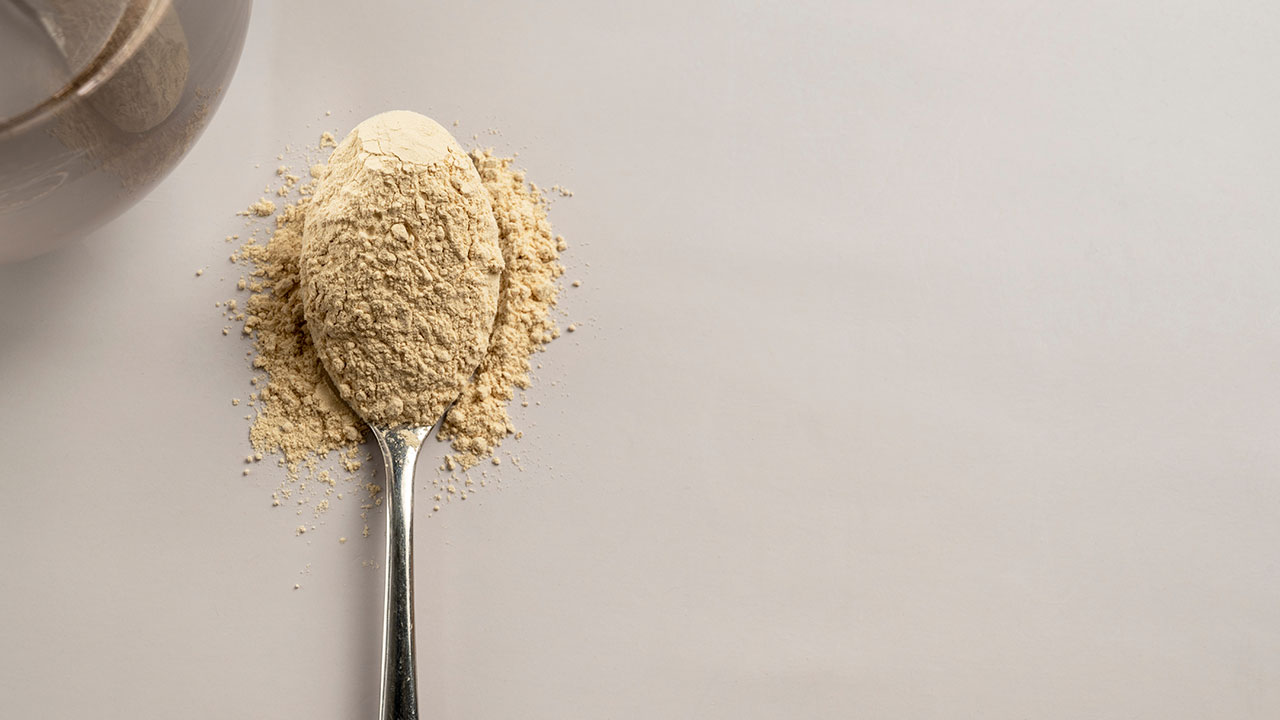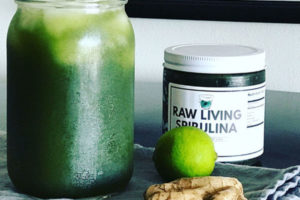
Protein powders have gained immense popularity, especially in the health and fitness industry, with many individuals using them as a convenient way to increase their protein intake. Adding a scoop of protein powder to a smoothie seems simple to boost your health. After all, protein is essential for building and maintaining muscle, bone strength, and numerous body functions.
What are Proteins?
Proteins are large, complex living molecules that play many critical bodily roles. They comprise smaller units called amino acids linked together in a specific sequence. The unique sequence of amino acids determines the structure and function of each protein.
Protein is essential for overall health and well-being. Adequate protein intake is necessary for muscle growth and repair, immune function, hormone production, and maintaining healthy skin, hair, and nails. However, excessive protein consumption can strain the kidneys and may be associated with certain health risks, which is why quality is more important than quantity.
What are protein powders?
Protein powders are processed forms of protein from plants (soybeans, peas, rice, potatoes, or hemp) or animal sources such as eggs or milk (casein or whey). These powders may include added ingredients such as added sugars, artificial flavoring, thickeners, vitamins, and minerals.
Powders are highly processed.
Although some protein powders originate directly from whole food sources, it is essential to understand that they are not whole foods. Protein powders are not naturally occurring; there is no protein powder tree, plant, or bush; instead, protein powders are dietary supplements made from concentrated and isolated compounds. Protein powders are engineered in laboratories, not kitchens. Although some versions are certainly better, all forms of protein powder are denatured food substances containing no living enzymes.
Denaturing is a structural change in the protein where its shape is altered. This is caused by various factors such as heat, pH changes, or mechanical agitation, all commonly used to process proteins into powders.
The solubility of the protein changes during the processing into a powder. Once soluble in their natural state, protein becomes less or insoluble after being processed into a powder. This impacts absorbability and affects its biochemical functionality inside the human body.
What’s in the protein powders?
Protein powders often contain artificial sweeteners, flavors, thickeners, and stabilizers to improve taste and texture. These additives can be detrimental to gut health and blood sugar. Additionally, a recent study showed that the body does not easily absorb the synthetic nutrients in these powders.
The amount of added sugar in protein powders can vary greatly, with some containing as much as 23 grams per scoop. This can turn a glass of milk into a high-calorie, high-sugar drink, with over 1,200 calories and more than the daily recommended limit of added sugar, leading to digestive problems like:
Bloating
Diarrhea
Gas
Sugar intolerance
Liver damage
Metabolic dysfunction
The American Heart Association recommends that women limit their daily added sugar intake to 24 grams and men limit their intake to 36 grams.
A new risk was revealed.
According to the Clean Label Project’s report, many protein powders contain harmful toxins such as heavy metals (lead, arsenic, cadmium, and mercury), bisphenol-A (BPA), pesticides, and other contaminants that have been linked to cancer and other health conditions. Some of these toxins were found in significant quantities, such as one protein powder that contained 25 times the allowed limit of BPA.
Studies have found that prolonged exposure to heavy metals may play a significant role in the development of certain degenerative diseases, such as Alzheimer’s, Parkinson’s, and multiple sclerosis.
Any traces of pesticides, mycotoxins, BPA, and residual solvents have been linked to a higher risk of heart disease, cancer, hypertension, and immune system deficiency. Because even small amounts of these toxins can harm human health, customers must look closer at the ingredients in their protein powder before making a purchase.
Before buying a new protein powder product, consumers should be extremely wary of the numerous toxic ingredients hidden inside their favorite supplements, with the most toxic ones never listed on the label. Get informed, read the labels, and call the companies for extended product information.
If you’re using processed foods to replace one meal a day, you’re potentially increasing your risk of all-cause mortality by up to 46%.
So, where should we get our protein?
Imagine demolishing a building and then reusing the debris to construct a new one. When we consume powdered substances, such as protein powders or supplements, we somehow expect our bodies to utilize these materials for building and repair.
Our expert advice is to eat organic, natural, plant-based whole foods in sufficient quantities, and you will get enough protein. Raw Living Spirulina is a magnificent living SUPERFOOD with all the natural components the body recognizes to support human cellular regeneration fully.

What is the highest quality plant-based protein?
Wellness expert Darin Olien, known for his dedication to promoting human health, ecological preservation, and sustainability, firmly believes in fresh Spirulina’s exceptional nutritional value. Darin has emphasized that “Spirulina is the most complete whole food on the planet. Not processed but whole food, and that is Raw Living Spirulina.” Olien advocates for fresh Spirulina as a whole food in its natural state, free from any processing. He asserts that it is abundant in living enzymatic nutrients with all their bioactive components, which the human body easily recognizes and absorbs. According to Olien, Raw Living Spirulina is the highest-quality protein source available.





Recent Comments